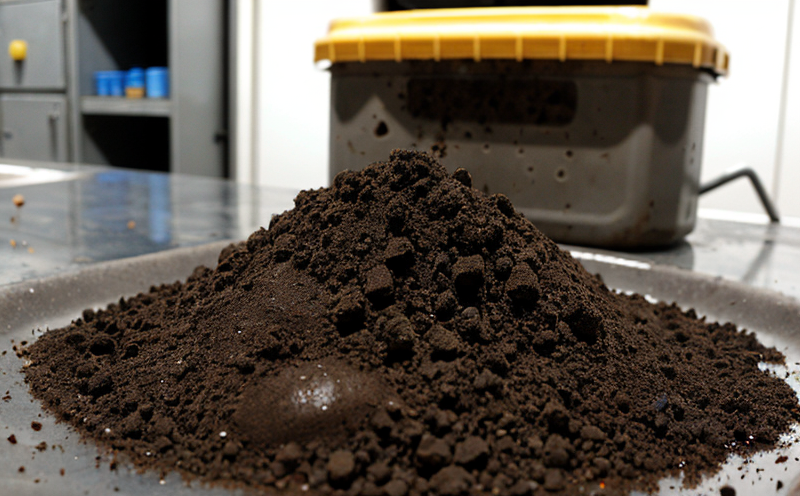Spices Residue Contaminant Screening
The importance of residue and contaminant analysis in spices cannot be overstated. Quality managers, compliance officers, R&D engineers, and procurement specialists rely on accurate and precise testing to ensure the integrity and safety of their products. Spices are a critical component in many food formulations, and even minor contamination can lead to severe health risks for consumers.
Contaminants such as heavy metals (lead, arsenic), mycotoxins, pesticide residues, and other adulterants have been linked to various health issues including cancer, liver damage, and immune system suppression. The presence of these contaminants can also lead to significant financial losses due to recalls and reputational damage.
Our laboratory offers comprehensive residue and contaminant screening for spices using advanced analytical techniques that adhere to international standards. This service ensures that our clients meet regulatory requirements and maintain the highest quality standards in their products.
The testing process involves a series of steps, including sample preparation, extraction, purification, and final analysis. Our state-of-the-art laboratories employ sophisticated instruments such as Liquid Chromatography-Tandem Mass Spectrometry (LC-MS/MS), Inductively Coupled Plasma-Mass Spectrometry (ICP-MS), and Enzyme Linked Immunosorbent Assay (ELISA) to identify even trace amounts of contaminants.
Our team of experts ensures that all tests are conducted in strict accordance with relevant standards, including ISO 17025 for laboratory accreditation. This guarantees the reliability and accuracy of our results. The service covers a wide range of spices such as black pepper, cardamom, cinnamon, cloves, ginger, nutmeg, and turmeric.
| Standard | Description |
|---|---|
| ISO 17025 | Laboratory accreditation and quality assurance. |
| ASTM E1628-03(2019) | Standard practice for the sampling of spices. |
Why It Matters
Residue and contaminant analysis is crucial in ensuring food safety and quality. Consumers expect products that are free from harmful substances, and regulatory authorities enforce strict standards to protect public health.
- Health Risks: Contaminants like heavy metals and mycotoxins can cause severe health issues if consumed in large quantities.
- Regulatory Compliance: Failure to meet regulatory standards can result in legal penalties, product recalls, and loss of market access.
- Retailer Trust: Brands that adhere to strict quality control measures build trust with retailers and consumers alike.
The stakes are high for spice manufacturers and suppliers. Any contamination can lead to a loss of reputation, financial losses, and potential legal issues. Our service provides peace of mind by ensuring that your spices meet the highest safety standards.
Applied Standards
| Standard | Description |
|---|---|
| ISO 17025 | Laboratory accreditation and quality assurance. |
| ASTM E1628-03(2019) | Standard practice for the sampling of spices. |
| EN 15752 | Method for the determination of heavy metals in food products. |
Environmental and Sustainability Contributions
- Reduction of Waste: By identifying contaminants early, we help our clients avoid the need for costly recalls and waste.
- Enhanced Consumer Trust: Ensuring product safety builds trust with consumers, which is essential for long-term sustainability.
- Innovation in Testing: Our continuous improvement of testing methods contributes to advancements in food safety technology.





